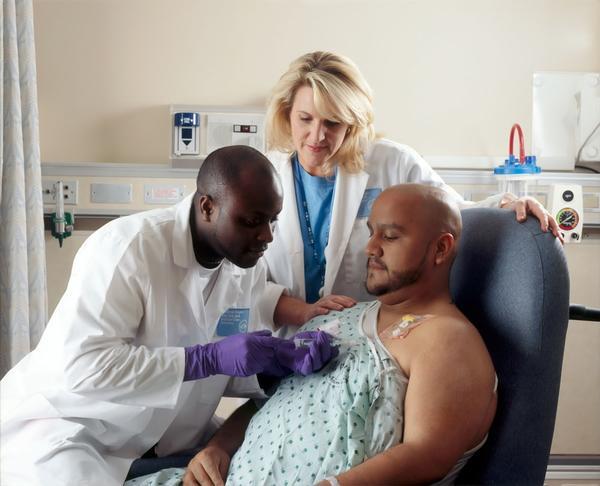
Tips for Dealing with Patient Complaints at a Hospital
It's important to listen to the patients who are admitted to the hospital. They can provide suggestions on how to improve the medical services provided. They may not be in the best physical shape, but some won't mind sharing their thoughts. Here are some common issues and how to deal with them.
Explain the slow response
Some patients might be needy. They overthink their medical condition and believe that they always need attention. It's natural for many ill people to feel that way, and they will complain about the lack of response when needed. However, they must understand that hospitals have to deal with hundreds of patients, and there aren't enough medical staff to help everyone. Nurses and doctors won't rush to the room unless it's a medical emergency. A simple explanation will suffice in many instances. However, if the hospital can't accommodate the number of patients, working with a physician recruiter firm like MASC Medical will help. These recruiting agencies can send doctors to fill the vacancies quickly.
Provide a detailed explanation of the medical condition
Hospital patients complain about not feeling well and why they don’t recover quickly. They must understand their medical condition and the medications given. They might complain since they fail to understand what's happening and have no idea why they receive too many medicines. Physicians owe it to them to explain the situation and how they can recover.
Explain the dos and don’ts
Patients also complain that they can’t do too many things. They can’t leave the room to get fresh air. They also can’t eat whatever they want. These rules aren’t meant to make them feel terrible. The purpose is to help them recover quickly. Doctors order these rules, and nurses have to implement them. They should also feel motivated to recover soon to do what they want.
Improve communication style
Some medical care providers feel overworked and are exhausted towards the end of their shift. It's important to remind them to treat patients well. It doesn't matter if the job is tiring; the patients deserve care and empathy. Thus, communicating with them using the right words is necessary. There's no need to sugarcoat their condition, but it's important to be soft when talking to them. They might also have heightened emotions due to their medication. Even if the patients seem rude, nurses and physicians have to be caring.
Patients will complain about everything. No one wants to be at the hospital, especially if it lasts for several days. Patients are also not in their best physical and emotional state to understand what’s happening. With proper explanation, they will understand the situation. They may also raise suggestions that hospitals can learn from. Be open-minded and understand these complaints. They might help improve the services.
Finally, the courtesy given to the patients must extend to the family members. They're also in distress, and communicating with them helps. They need to know what's happening to their loved ones.